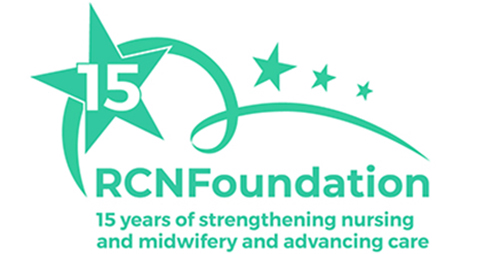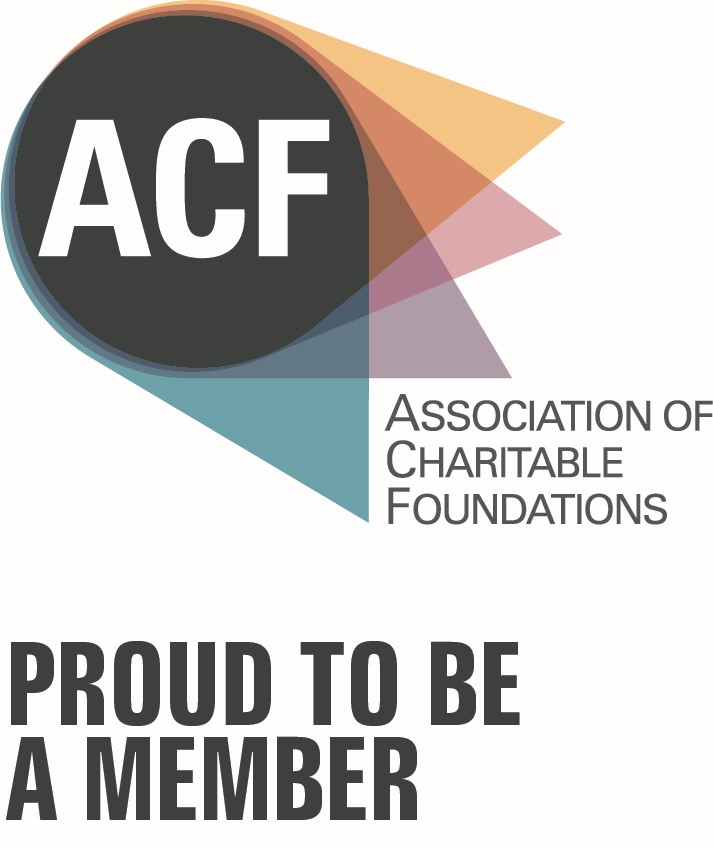The RCN Foundation hardship service support hundreds of nursing and midwifery professionals each year. Since the charity was established in 2010, we have awarded £4,687,000 million in hardship grants to 9,677 individuals.
Nursing and midwifery professionals continue to face significant financial pressures due to a wide range of factors including rising living costs, mental and physical ill health, domestic violence and long-term illness. The demand for hardship support remains high, with applicants often experiencing acute distress. Those experiencing financial hardship are also more likely to leave the profession prematurely, when the UK is already facing a critical workforce shortage. Therefore, this support is vital and can lead to wide reaching impact.
Even if you are not eligible for a financial grant, support is still available. To apply for a hardship grant, click here.
Hear stories from some of the nurses, midwives and healthcare support workers we’ve helped.
Lily’s story
In 2021 Lily, a nurse, and her two young children were made homeless through a no-fault eviction. They endured months of instability, moving between safe houses and hotels. They were placed miles away from Lily’s work and her children’s school, and this severely impacted their mental health.
Thankfully, Lily secured housing for her family and received an RCN Foundation hardship grant to carpet their house, and finally make it feel like home.
Claire’s story
Claire is a self-employed nurse who had a stroke and was unable to work. As a result, she was not entitled to statutory sick pay, and her husband is also self-employed. Even with universal credit, they had a large shortfall due to having a large mortgage and having recently taken out a loan to cover some repairs on their roof.
Claire was awarded £500 to support her recovery whilst she is off sick and also bene referred to PayPlan for financial advice and support. Our research shows that our signposting to further support services means that someone who accessed our signposting service was, on average, better off by £4,524 per year. This is an important element of the Foundation’s service, as it provides a longer-term sustainable route out of financial hardship.
In Claire's words: “At the point when the grant was paid, we had no food at home. I have three children which I am supporting and the main breadwinner of the family. The grant lifted my spirits and put food on the table. This will reduce all the stress, and I can concentrate on my recovery.”






